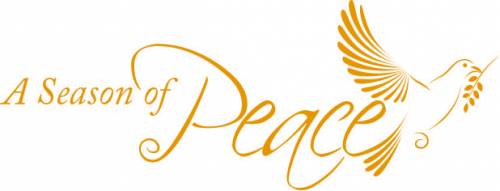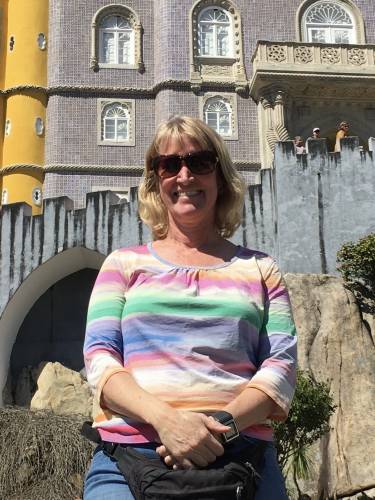
So that there should be no division in the body, but that its parts should have equal
concern for each other. If one part suffers, every part suffers with it; if one part is honored,
every part rejoices with it.
1 Corinthians 12:25–26 (NIV)
When any part of the body of Christ is suffering, we all suffer. Today the suffering is being disproportionately borne by people of color. Knowingly and unknowingly, we have formed great division in the body. Political and financial leaders have created a racial wealth gap in this country that exacerbates the already-disproportionate suffering people of color experience.
BIPOC (Black, Indigenous, and people of color) brothers and sisters among us are disproportionately killed by guns and Covid, laid off, evicted, stopped at the border when seeking asylum and plagued by widening educational disparities. Poverty and food insecurity are rising. Survival is day-to-day life for too many.
Jillian Hanesworth, Buffalo, New York’s poet laureate and an East Side resident, said after the May 14 shooting of 10 Black individuals at an East Side supermarket, “I think a lot of people, especially on the East Side of Buffalo, have been forced to live in a perpetual state of survival. And it’s always something. If it’s not something with the police, it’s something in the water. If it’s not the water, it’s public health. It’s literacy. It’s crime. It’s housing. All of this is a symptom of poverty. … So, we have been stuck in this state of survival. We don’t exist to survive. We can demand more. We are owed more.”
It is well past time when we should live in a world where all parts of the body are of equal concern for each other. Achieving a body with no division may seem like a dream, but we have been called by God to strive for it. Let us strive forward together.
Action: Educate yourself and advocate! Contact your Bread for the World organizer (find your organizer here) and ask her/him to lead a group you’re a part of in the Racial Wealth Gap Learning Simulation. To learn about the simulation, go to bread.org/library/racial-wealth-gap-learning-simulation. Get involved in the Poor People’s Campaign. Learn more at poorpeoplescampaign.org. Both organizations have good advocacy suggestions, actions you can participate in and legislative policy priorities.
Prayer: Oh God, suffering is all around us and we lament the pain and the grief that comes with it. Open our ears so that we may hear the message of those who are hurting. Open our eyes so that we may see injustices down to their root causes. Open our minds so that we may better understand the complexities of unjust systems and situations and then see ways forward that honor those who suffer. Use us, God, to help you achieve a world without division, where all parts are honored equally. Amen.

Wendy Gist has been the mission advocate for Hunger, Poverty and Peacemaking Issues for the Presbyteries of San Fernando and San Gabriel in the Los Angeles area for the past 16 years. From 1994–2000, she and her husband, David, were mission co-workers in Nicaragua. They both worked for CEPAD, the Council of Evangelical Churches in Nicaragua. Wendy’s primary job was being a delegation coordinator for countless groups coming to learn about Nicaragua and the Nicaraguan culture. Wendy is also the proud mother of two young adults, both of whom were born in Nicaragua. She and her husband have recently become short-term foster parents for unaccompanied minors coming across the border, which is a whole new adventure. In her spare time, she enjoys reading, traveling and being out in nature.
This year’s Path of Peace reflections are designed to help participants explore peacemaking efforts addressing some of the major issues of our time. The theme for the 29 days of the 2022 A Season of Peace is Led Forth in Peace: Critical Areas of Engagement for Peacemakers. With these daily reflections, we are invited to reflect upon ways to practice peace by engaging the following critical areas:
-
-
- Climate change
- Nonviolence

- The intersection of poverty and racism
- Immigration/migration
-